Audiobooks allow for a more enjoyable and accessible reading experience for people with dyslexia and can improve comprehension and fluency.
According to The Yale Center for Dyslexia & Creativity, dyslexia is defined as an “unexpected difficulty in reading in an individual who has the intelligence to be a much better reader.” It is also much more prevalent than one might expect — it represents 80 to 90 percent of all those with learning disabilities and roughly 20 percent of the US population. According to The British Dyslexia Association, 60 percent of those with dyslexia also struggle with math because “the lack of firm foundation skills can affect the learning of new skills.”
Since 1987, Developmental Disabilities Awareness Month has been celebrated annually in March. This year, the theme is “A World of Opportunities,” working together to remove obstacles so everyone can thrive. Audiobooks can do great work when it comes to helping children overcome challenges faced with a dyslexia diagnosis or show warning signs of possible dyslexia.
Senior Speech and Language Pathologist Sherrill Ellis, M.Ed., CCC-SLP, based in New Haven, CT, fully supports the audio format as an effective learning tool.
“Often learning to read is difficult for those with language impairments,” says Ellis. “Having audiobooks available means they are able to enjoy and participate with their classmates regarding the assigned reading material.”
Ellis, who is retired from Southern Connecticut State University but still sees children with special needs in her private practice, adds that reading along with another person, such as a parent/caregiver or a recorded narrator, is a “tried and true method to support reading attempts.”
According to The Dyslexia Classroom, audiobooks can “level the playing field” by giving students access to higher-level reading materials that their classmates are working on and “close the reading gap.” Students with dyslexia can then participate in assignments and discussion questions about the assigned reading with their peers without falling short, thus building their confidence and desire to learn. The audio format also allows students to dive into the meaning of the text without being hampered by printed word decoding, as their listening abilities may be stronger than their reading abilities.
No matter your reading capabilities, there are many people who struggle to read books in a moving vehicle. But now, with your Libby app just a touch away on your car dash, readers can level-up their long car trips with the vocal talents of the many amazing and talented narrators out there to keep you company, as well as awake and alert behind the wheel. Plus, listening to audiobooks with your kids in the car can bring together the family in new and exciting ways.
If you are a parent or caregiver to a child with dyslexia, come visit us at the Library and we can help you get you started with free and accessible audiobooks appropriate for your child’s needs–from audiobooks on CD, Playaways that are perfect for small hands and young readers, and eAudiobooks available on your mobile devices through the Libby App by OverDrive. However, it is important to note librarians are not licensed health professionals; if you suspect you or your loved one may be dyslexic, work with assigned health professionals on the next appropriate course of action.
Browse our virtual library for eBooks, eAudiobooks, and even eMagazines >
